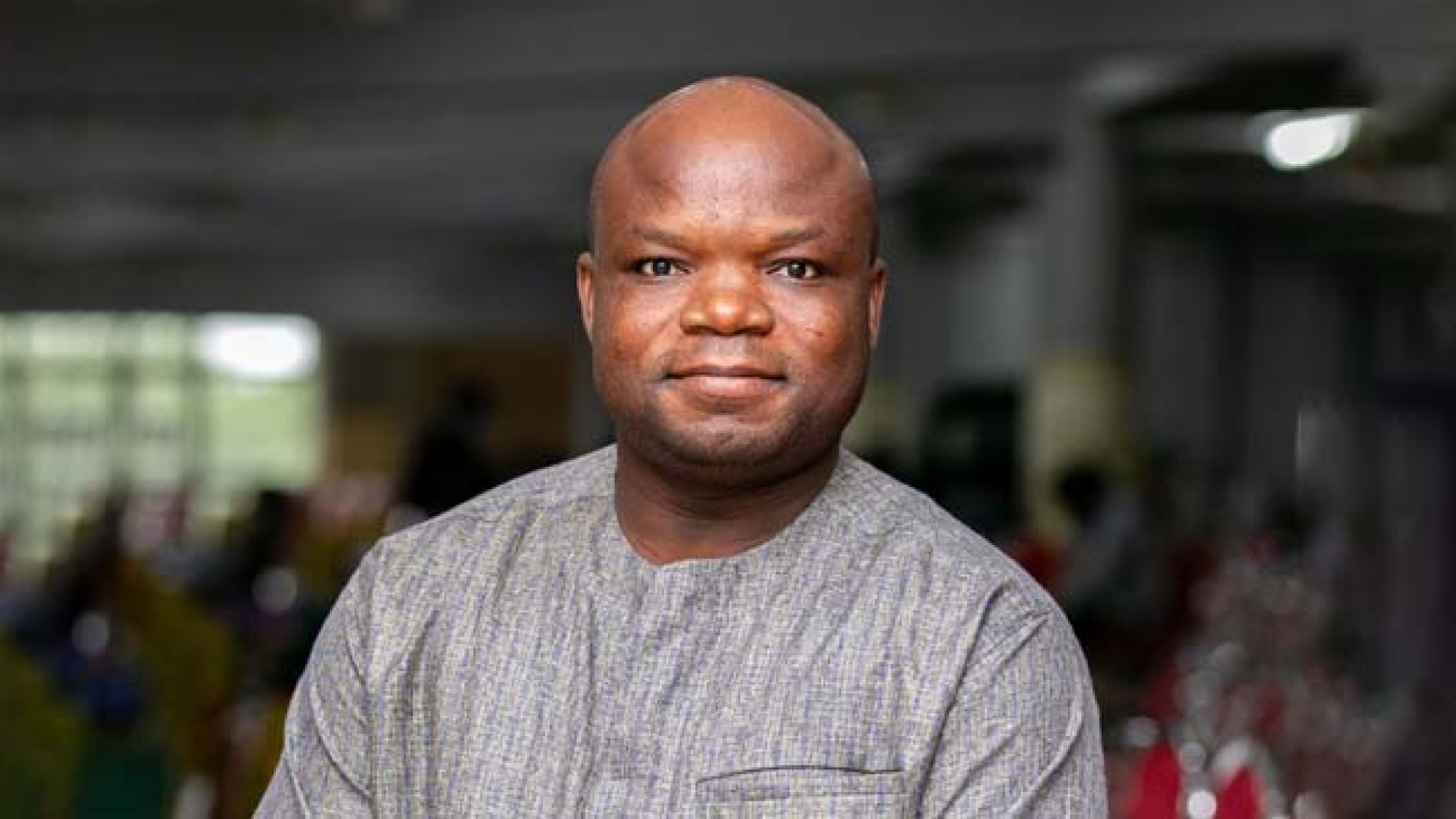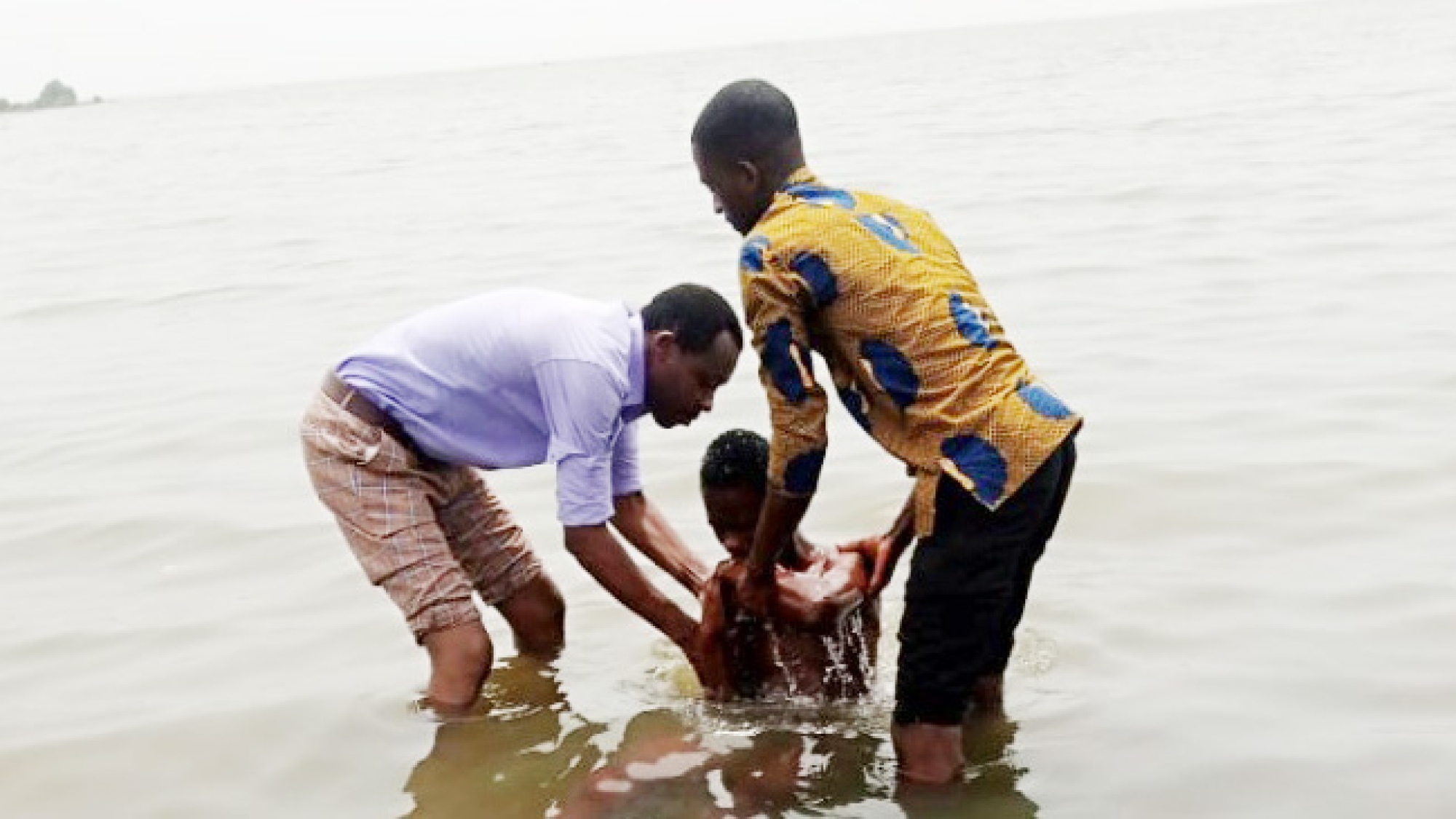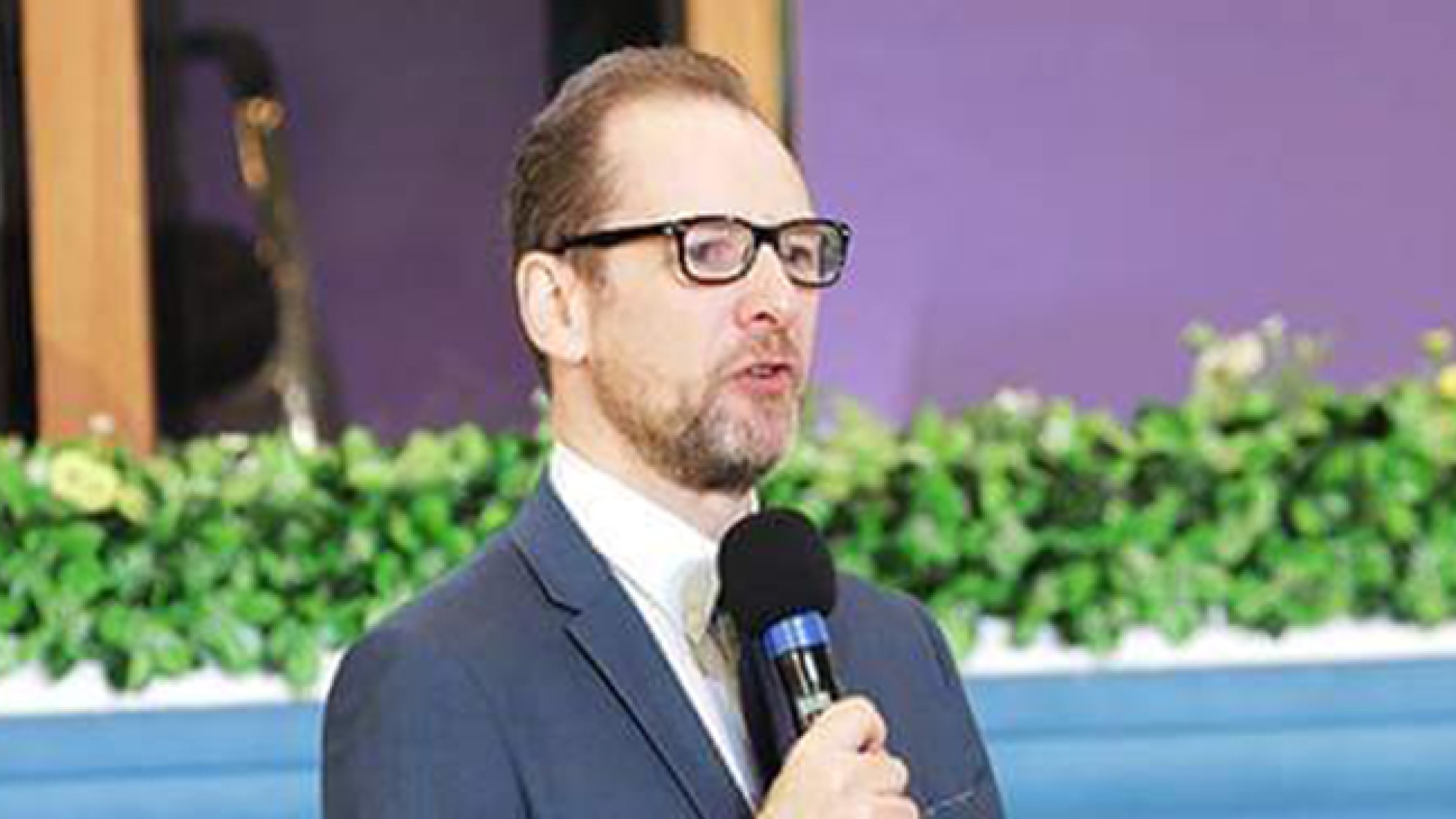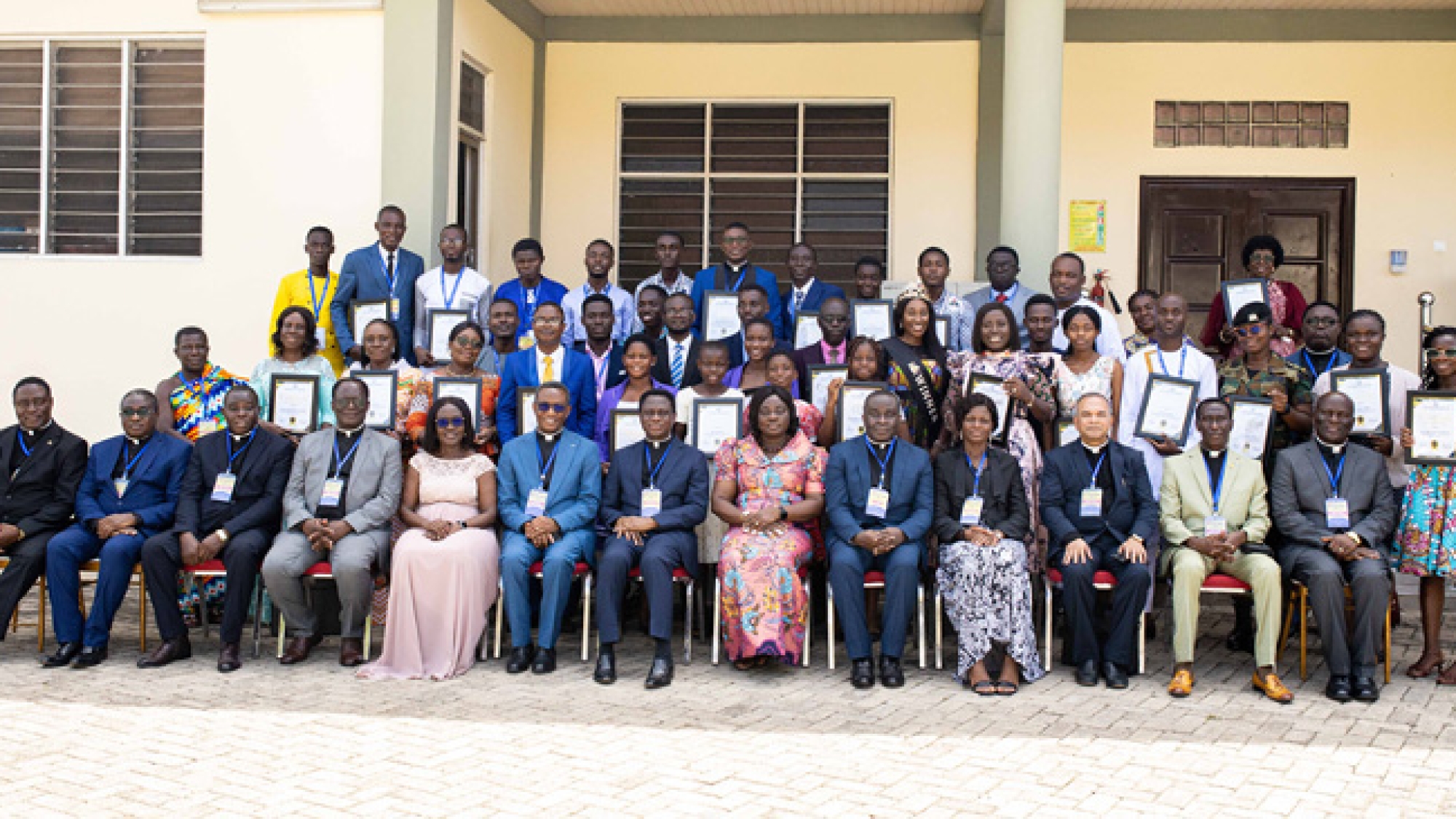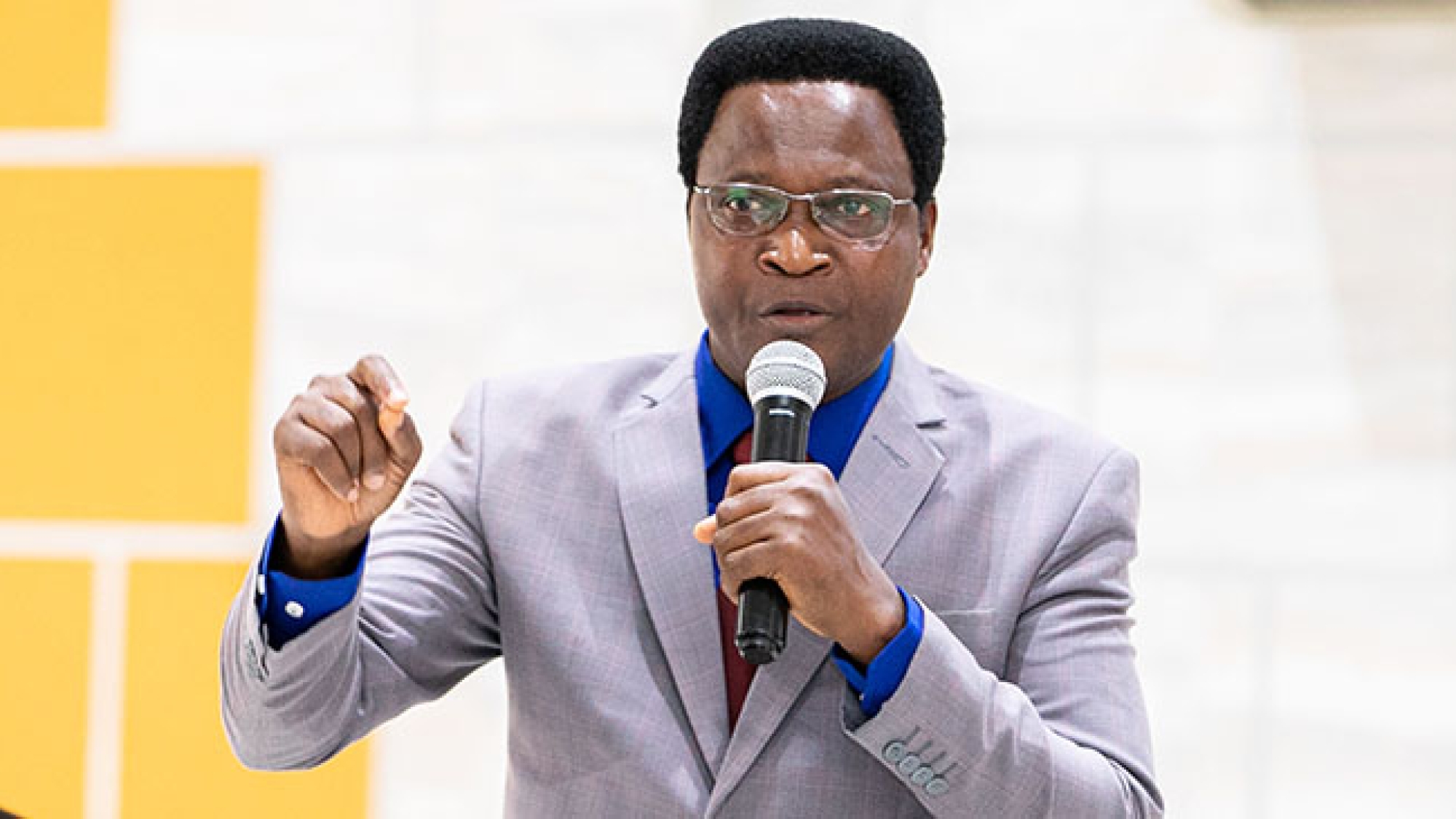INTRODUCTION
Medicines (or medications) are chemicals or compounds used to cure, halt or prevent disease, ease symptoms, or help in the diagnosis of illnesses. They are administered for healing purposes. Thus, people take medicines to fight illness, to feel better when they are sick, and to keep from getting sick in the first place. Medications work in different ways to bring good health to people. Some can cure an illness by killing or halting the spread of invading germs, such as bacteria and viruses. Others are used to treat cancer by killing cells as they divide or prevent them from multiplying. Some others replace missing substances or correct low levels of natural body chemicals such as some hormones or vitamins. No one takes in medicine for fun, especially when they are not drug addicts. Health officials prescribe specific drugs to their patients to deal with specific diseases. However, not all drugs are able to cure all diseases. That is why patients often consult their medical officers for possible switch in medication when they find out that a particular one seems not to be working as expected. These medicines are one of the media God uses to heal his children. Another medium God uses to administer healing to his children is through a meal introduced by our Lord Jesus Christ during his earthly ministry, thus, the Lord’s Supper or Holy Communion. This meal has the potency to heal any type of disease, both physical and spiritual. This article throws light on the Holy Communion as “The Meal that heals”.
WHAT IS A MEAL?
Merriam-Webster defines meal as “food eaten or prepared for eating at one time.” Meals are prepared and served in homes, at restaurants, schools, and among other places. They are served during the day as breakfast, lunch or supper. Among the reasons of enjoying meals are for peak performance energy, growth and function, enjoyment and satisfaction, strength, and cleansing, prevention and fighting diseases. Others are for maintaining our external body, and healing purposes. Of late, people eat selected foods to meet their health benefits. They do not eat for eating sake, but for healing purposes. People are now turning their kitchens into pharmacies or bringing pharmacies into their kitchens. What this means is that people are now giving the food they choose to nourish their mind, body and spirit the utmost respect they deserve. Unlike previously, where they eat to just satisfy their stomach, they are now filling their kitchen with healing ingredients, and not ordinary ones. Notwithstanding, these efforts meet only the physical needs of humankind and not their complete makeup—their spiritual, psychological, emotional, and social needs. Thus, the meal only caters for their physical needs, but fails to meet the needs of their soul and spirit. The Holy Communion, which is also a meal, brings complete healing to a believer when they receive it in faith and in accordance with the will of God.
THE HOLY COMMUNION
The Holy Communion also known as “the Lord’s Supper” (1 Cor 11:20), “the Last Supper” (Matt 26:29), “the Lord’s Table” (1 Cor 10:21), “Fellowship” (1 Cor 10:16), “Eucharist” (the Greek word for ‘thanksgiving’ in Matt 26:27; Mk 14:23), “Breaking of Bread” (Acts 2:42, NRSV), “the Mass” and “the Cup of Blessing” (1 Cor 10:16, KJV) is a rite ordained by the Lord Jesus that symbolises His sacrificial death and its significance to atonement and redemption.
Christ instituted the Lord’s Supper on the eve of his crucifixion during the last supper he shared with the disciples. Jesus was eager to eat the Holy Communion with his disciples during the Passover feast (Lk. 22:7-23, Matt. 26:17-30, Mk. 14:12-26), before his departure from earth. He took bread and, when He had broken it, said, “This is my body which is for you. Do this in remembrance of me” (1 Cor 11:24). In the same way, he also took the cup, after supper, saying, “This cup is the new covenant in my blood. Do this, as often as you drink, in remembrance of me. For as often as you eat this bread and drink this cup, you proclaim the Lord’s death until He comes” (1 Cor 11:25). After dinning with them, Jesus commanded his disciples to continue in the practice in remembrance of him.
THE HOLY COMMUNION AS A MEAL
As said earlier, meals are “foods eaten or prepared for eating at one time”. The Holy Communion is also food eaten by Christians at church and or in homes. This meal looks different from other meals prepared in our homes or by chefs at restaurants or hotels. It uses no other ingredients and spices, except bread and wine. The bread and wine are emblems of Jesus’ body and blood respectively to be broken and poured out for humanity to receive salvation.
Unlike ordinary meals people take at home, restaurants, or rest stops with no stringent measures and under no serious circumstances, Christians take this meal under strict conditions. This is espoused by Paul in 1 Corinthians 11:27; “So anyone who eats this bread or drinks this cup of the Lord unworthily is guilty of sinning against the body and blood of the Lord”. That is to say, participants to the Lord’s Supper must go according the set down procedures. Or better still, partakers must not approach the Lord’s Table in a manner unsuitable to the purposes for which it was designed or instituted.
As a meal, Christians partake it in different ways. Some dip the bread in the wine. Some also take both the bread and wine together. Others drink from a shared cup. Some traditions use wafers instead of bread or juice instead of wine. The frequency of this meal also varies. It is offered weekly, monthly, or even once a year.
As mentioned earlier, the Holy Communion is one of the media God uses to administer healing to his children when they attend to it in a worthy manner and in accordance to his will.
WHAT HEALING IS
Healing refers “to the physiological processes that mend an injury, and also to the emotional, spiritual, or psychological processes that relieve stress, achieve acceptance, and promote hope.” Healing is received when health which is “a state of complete physical, mental and social wellbeing, and not merely the absence of disease or infirmity” is restored. Health and healing are not the same. While health is an outcome, healing is a choice. Thus, one chooses to receive healing which brings about healthy living. A person cannot be healed if they don’t desire for it. That is why Jesus had to ask the man at the pool of Bethesda whether he needed healing. “When Jesus saw him and knew he had been ill for a long time, he asked him, “Would you like to get well?” (John 5:6). Jesus could not have administered healing to the man without his consent. In other words, Jesus offered the man healing when he consented, and he was made whole completely.
In the Bible, healing comes from being saved. A clear example to this is found in the Old Testament. After growing impatient with the Lord about the long journey from Mount Hor, taking the road to the Red Sea to go around the land of Edom, and complaining bitterly of food and water, “the Lord sent poisonous snakes among the people, and many were bitten and died” (Num 21:6). In Numbers 21:9-11, God had to tell Moses to make a replica of a poisonous snake and attach it to a pole so that all who are bitten will live if they simply look at it! This happened after Moses had prayed for the nation of Israel when they confessed to him their sin of disobedience. Those who were made whole received healing from the bites of the snakes and the sin of disobedience after they looked at the replica of the poisonous snake attached to the pole.
In the New Testament, salvation is a complete work of making a person whole in spirit, soul, and body. In his earthly ministry, Jesus healed a number of persons. Anytime he offered healing to the sick, the Bible tells that they were made whole. For example, the woman with the issue of blood who touched the hem of Jesus’s garment was made whole (Matt 9:21-22). Thus, she did not receive physical only, but had total healing. The psychological trauma she found herself in for the past years coupled with emotional distress, financial challenges and possibly, spiritual weakness were all restored. This attests to the fact that being saved is not only having your sins forgiven, but also receiving healing in the physical body. David affirms this: “He [God] forgives all my sins and heals all my diseases” (Ps 103:3). That is to say, God’s salvation makes one completely whole. Meaning, salvation makes a person’s body, soul, and spirit function in peace and unity, without the disruption of sin in the spirit, sickness in the body, or depression and oppression in the mind.
WHAT CALLS FOR HEALING?
In our daily living, healing is pursued when one’s life seems to be ceasing. It happens when the blood that unites the living part of the body as a life stimulant by nourishing and cleansing the body is deficient; affecting the functioning of other that part. In this case, the cells in the body cannot get all the oxygen and nutrients they need which will cause malfunctioning of that part, leading to death. But when healing is received, people are brought back to life. This happens when the deficiency in the blood is dealt with for optimum performance.
THE BLOOD CARRIES LIFE
In ancient Israel, blood was not only a metaphor or symbol for life; it was equivalent to life itself. In most occurrences where blood was shed in Scripture, it meant that life had ended. To remove the blood is to terminate life (Lev 17:11, 14).
God gives instructions regarding sacrifices and offerings in Leviticus 17, particularly on the proper slaughtering of animals. The Israelites were to bring each animal to the tabernacle entrance for the priest to offer. The blood of the animal was never to be treated as common food; it belonged to God, who is the giver of life (Gen 2:7; Job 33:4; Ps 139:13). Thus, the blood of animals had to be drained and offered to God on the altar. Anytime blood was drained, there was a separation of the body and the blood of the animal leading to cessation of the life of the animal.
Blood was God’s ordained means of effecting atonement: “For the life of a creature is in the blood, and I have given it to you to make atonement for yourselves on the altar; it is the blood that makes atonement for one’s life” (Lev 17:11). Atonement for sin was achieved by sacrificing an animal’s life in substitution for one’s own life. The shedding of blood was the most critical element—it was the blood of the guiltless substitute offered on the altar that served as payment for the people’s sins (Lev 16:15).
Jesus, God’s sacrificial lamb suffered this fate when he went to the cross.
JESUS ON THE CROSS
The cross is most shameful death ever for the son of man to be nailed on just to save humanity. He went on it by the hands of godless men (Acts 2:23) to free humanity from the bondage of sin and death. He suffered a shameful death in order to redeem humankind, for the world to have eternal life. In his death, Jesus’ blood was separated from his flesh. That is to say, the blood of Jesus was drained and offered to God later by himself when he resurrected from the dead (Jn 20:17). So, Jesus died on the cross because there was a separation of his body and blood which carried life. This life caused everything including wind, the dead, the lame, sicknesses, evil spirits, etc to obey him. Since blood resides in the body and life is found in the blood, Jesus could touch the blind and lame to be healed completely. This was because there was a connection between his body and blood which carried life. This life permeated through his body even into his garment to the extent that when the sick touched, they had healing. The potency of life in the blood was manifested when the blood touched the ground (cf. John 19:34). Immediately something extraordinary happened! “At that moment the curtain in the sanctuary of the Temple was torn in two, from top to bottom. The earth shook, rocks split apart” (Matt 27:51).
THE MYSTERY OF PARTAKING IN THE HOLY COMMUNION
The communion meal is a special meal initiated by Jesus Christ for his disciples and commanded them to repeat it through generations. This has continued till now. It’s made up of bread and wine signifying his body and blood respectively. These two emblems are taken together as a commemoration of our Lord Jesus Christ. Why did Jesus give both his body and blood to the disciples in Holy Communion? Jesus did to tell that in the Holy Communion, his blood and flesh which were separated on the cross by ungodly men are put together again by godly men (or Christians) for life to reign in his body again. Partaking in the Lord’s Supper gives us a picture of bringing back the separated body and blood of Jesus together for life to exist; the bread and wine symbols of the body and blood respectively are joined together. Thus, the believer sees Jesus who once lived on earth and now in heaven to be so close to them as he was with the disciples and working by offering total healing of the body, soul and mind, as well as the spirit, connecting believers to a new life.
WHAT THE MEAL DOES
The meal heals ‘sick’ marriages. So many marriages are ‘sick’ and crumbling. When Christian couples partake in the Lord’s Supper, they recognise Jesus as standing with them in marriage and teaching them what ought to be done and what not. In so doing, they commit themselves to the marriage to pleasing Jesus who is always with them. It also makes singles to be healed from sinful behaviours such as following other people’s husbands and wives; they would find it difficult to engage in such illicit behaviours whiles they have Jesus with them.
The meal heals spiritual being. Some Christians are spiritually sick. Being spiritually sick is engaging in immoral activities which is against biblical teachings. They find it difficult to engage in spiritual activities, always carnally minded. They don’t see the need to attend church, come for evening services, participate in Home Cells and Bible Studies, prayer meetings, etc. The order of the day is forcing them to engage in illicit activities making them not to be spiritually sound. Now, people find it difficult to follow the leadings of the spirit, making them not to be children of God; those led by the Spirit of God are the sons of God (Rom 8:14). But when we partake in the Lord’s Supper, Jesus comes into our bodies alive with spiritual nourishment. Thus, Jesus comes to heal spiritual weaknesses, making one to build a strong relationship with the Lord.
The meal heals the Church. The church is made up of individuals who profess to be Christians. They are made up people called out from the world unto Christ. When these individuals are spiritually sick, the church becomes sick. On the other hand, when they are spiritually active, the church also becomes active. It must be noted that one person can make the church sick. This is when they constantly engage in sinful activities. Remember the story of Achan (Josh 7). He caused the whole nation to suffer defeat when he coveted sacred things belonging to the Lord. A healthy church is the one where members partake in the Lord’s Supper in a worthy manner.
The meal heals the physical body, mind and spirit. Once we live in a fallen world, becoming sick is part of us. At the cross, God took all of our sicknesses and diseases and put them on Jesus’ originally perfect and healthy body, so that we can walk in divine health. Isaiah confirms this by saying, “But he was pierced for our rebellion, crushed for our sins. He was beaten so we could be whole. He was whipped so we could be healed” (Isa 53:5). Adding on, Peter declares that “He [Jesus] personally carried our sins in his body on the cross so that we can be dead to sin and live for what is right. By his wounds you are healed” (2 Pet 2:24). So, the believer gets into a deep communion with the great Physician, Provider, and Deliverer when they partake in the Lord’s Supper (the body of Christ). This gives them access into the divine health of Christ; making them to receive total healing—physical, soul, and mind—making them to have peace and unity, without the disruption of sin in the spirit, sickness in the body, or depression and oppression in the mind.
Written by Pastor Emmanuel Foster Asamoah (Abasraba District)





